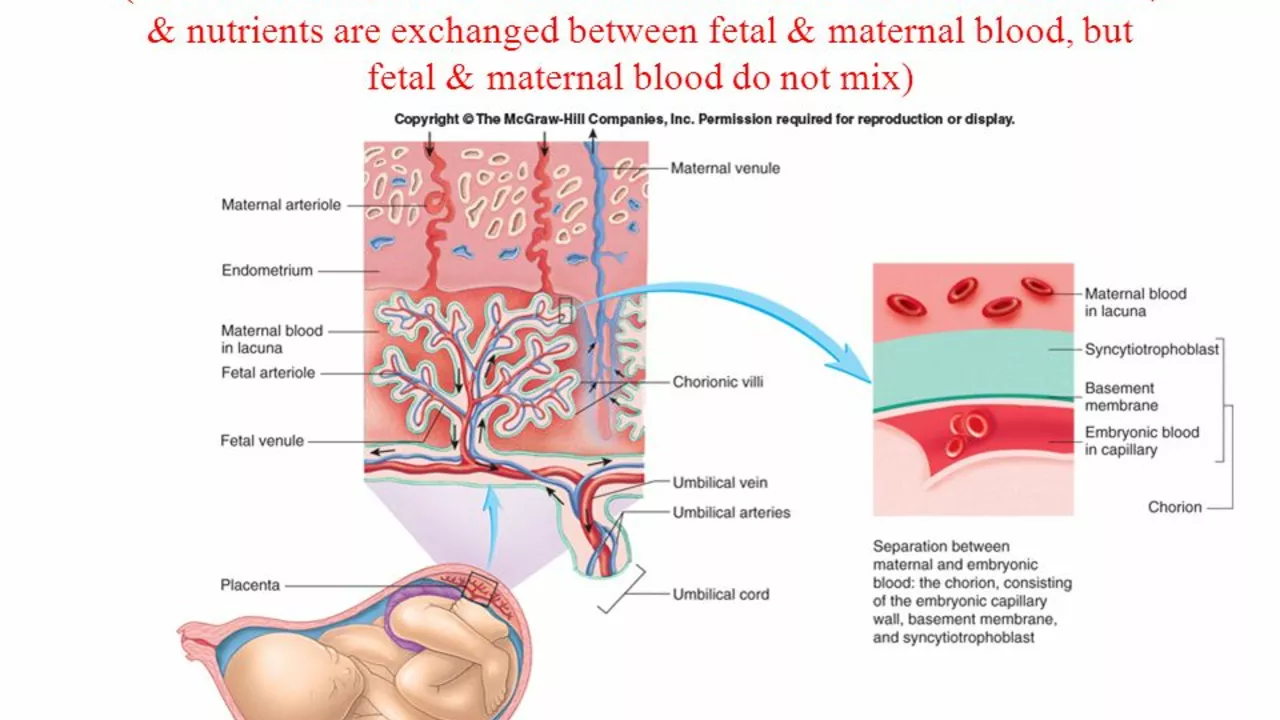Understanding Nausea and Vomiting During Pregnancy
As a pregnant woman, it's quite common to experience nausea and vomiting, especially during the early stages of pregnancy. This phenomenon, often referred to as morning sickness, can actually occur at any time of the day. It is usually a sign that your pregnancy hormones are functioning well to support the healthy growth of your baby.
Some pregnant women may experience severe vomiting known as hyperemesis gravidarum. This condition often leads to dehydration and requires medical intervention. It's important to know that vomiting during pregnancy, while uncomfortable, is usually harmless for both the mother and baby. However, it's always essential to discuss any concerns with your healthcare provider.
Gender Predictions Based on Morning Sickness
There are many old wives' tales that have been passed down through generations about predicting the gender of the baby based on the symptoms of pregnancy. One such belief is that the severity of morning sickness can indicate whether you're having a boy or a girl.
According to the myth, if you're experiencing severe morning sickness, you're likely to have a girl. If your morning sickness is mild, the folklore predicts you're carrying a boy. However, is there any scientific truth to this? Let's delve into the research.
Scientific Studies on the Subject
While there are numerous studies conducted on morning sickness, only a few have explored its connection with the baby's gender. Some research suggests a correlation between severe morning sickness and the likelihood of having a girl.
A study published in The Lancet found that women who had hyperemesis gravidarum were more likely to have girls. Another study in the journal Birth suggests a similar link. However, these studies are observational and cannot establish a cause-and-effect relationship.
Understanding the Biology
The reason behind the possible link between morning sickness and the baby's gender is still unclear. Some researchers suggest that it could be due to the differences in pregnancy hormones when carrying a boy or a girl.
For instance, the hormone human chorionic gonadotropin (hCG), which is higher when carrying a girl, is also linked to nausea and vomiting. It's important to note that this is still a theory and more research is needed to solidify these findings.
Limitations and Considerations
While the research is interesting, predicting the baby's gender based solely on the severity of morning sickness is not reliable. There are many factors that contribute to morning sickness, including genetic predisposition, dietary habits, and overall health.
Moreover, many women who have mild or no morning sickness end up having girls, and those with severe symptoms can have boys. Therefore, the best way to determine your baby's gender is through ultrasound or genetic testing.
Final Thoughts
In conclusion, while there may be a slight correlation between the severity of morning sickness and the baby's gender, it should not be used as a definitive predictor. Pregnancy is a unique and personal experience that varies widely from woman to woman.
Regardless of whether you're carrying a boy or a girl, it's important to focus on maintaining a healthy lifestyle and receiving appropriate prenatal care. Always consult with your healthcare provider if you have concerns regarding your pregnancy symptoms.

